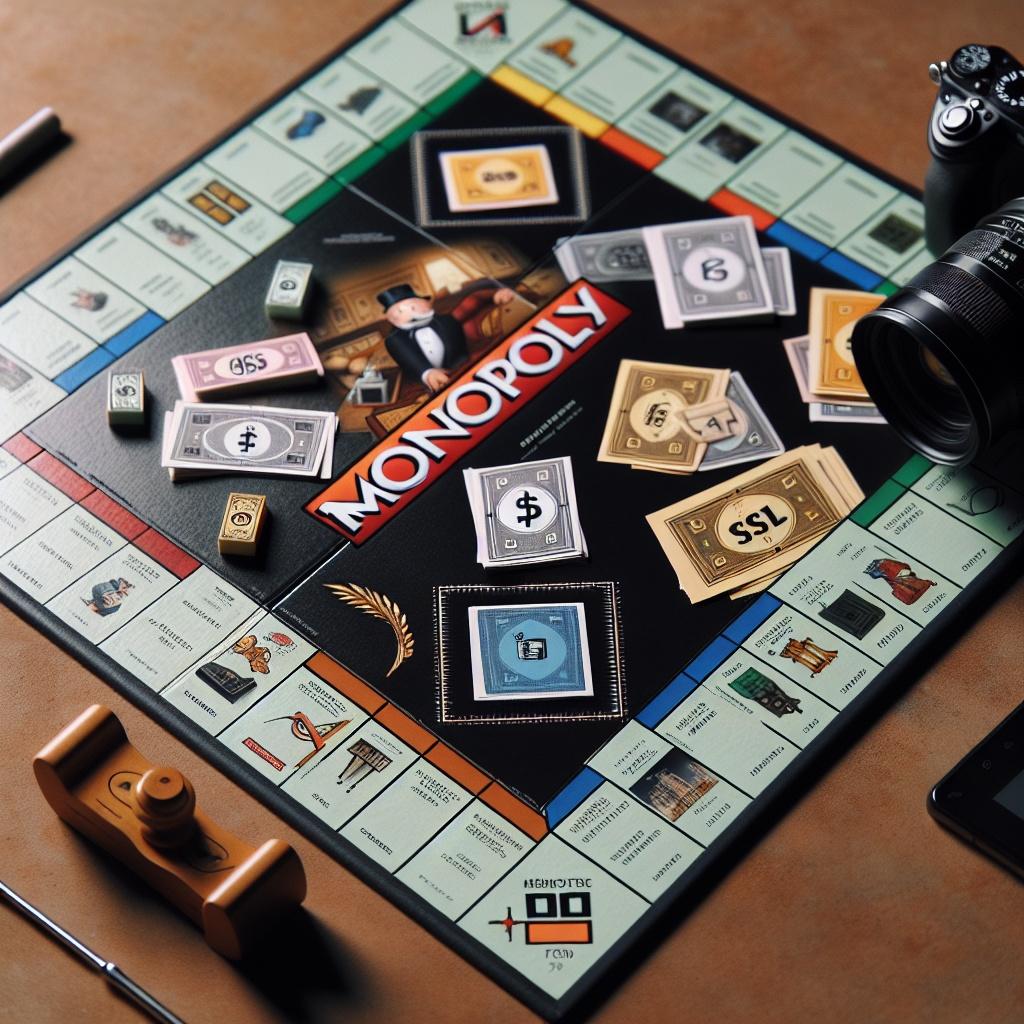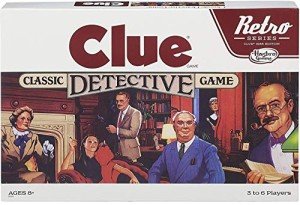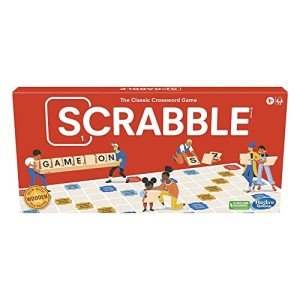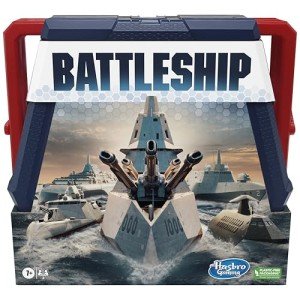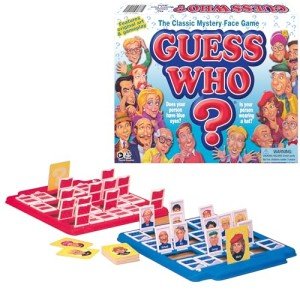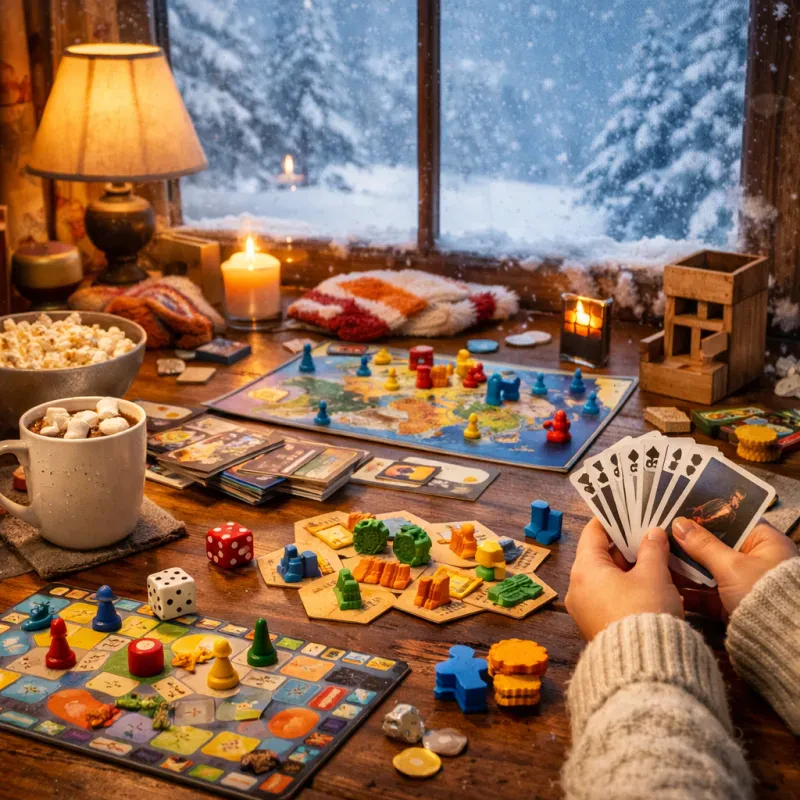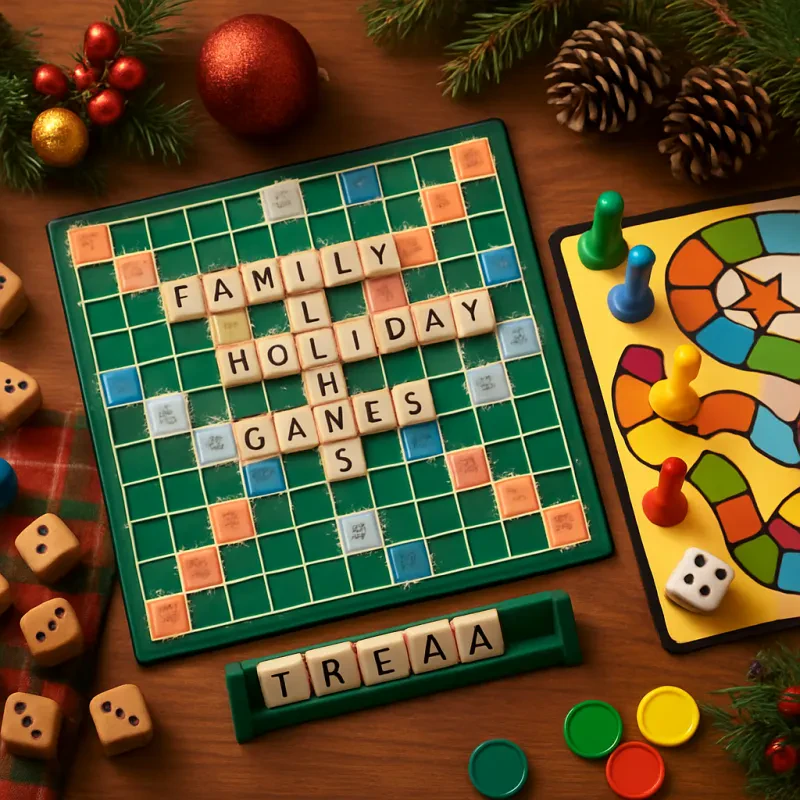Nostalgia: A Connection to the Past
Classic board games hold a special place in the hearts of many individuals, primarily due to the strong sense of nostalgia they evoke. These games, such as Monopoly, Scrabble, and Clue, are not merely toys but rather vessels that carry cherished memories from childhood. For many, the mere mention of these games brings forth a flood of recollections—laughter around the dining table, friendly rivalries, and moments of triumph—providing a sense of comfort and familiarity that transcends age.
This emotional connection to classic board games is significant for people of all ages. Adults often find themselves reminiscing about the afternoons spent accumulating properties in Monopoly or the strategic gameplay that defined their Scrabble matches. These shared experiences foster deep bonds among family members. As parents and grandparents engage younger generations in these games, they not only introduce them to the fun but also share pieces of their own childhood while creating new memories together.
The intergenerational aspect of classic board games nurtures a unique appreciation for tradition. Families gather around the game board, where tales of past victories and defeats are recounted, offering a rich narrative that connects the past with the present. Such engagement encourages conversations about the historical context of the games, reinforcing familial ties and contributing to a collective identity. Through this connection, classic board games promote the idea that play is timeless, bridging gaps between ages and allowing for continued enjoyment across generations.
Ultimately, the nostalgia associated with these beloved games becomes a powerful tool for bonding, encouraging families to create lasting memories while reinforcing relationships that are vital for emotional well-being.
Social Interaction: Building Bonds Through Gameplay
Classic board games serve as a powerful medium for fostering social interaction between players of all ages. Engaging in these games encourages meaningful communication, as participants discuss strategies, negotiate trades, and share moments of triumph or defeat. This interaction is more than just verbal exchanges; it strengthens interpersonal relationships by creating a shared experience that players can reminisce about long after the game has ended.
The collaborative nature of many classic board games, such as cooperative games or those requiring teamwork, fosters a sense of camaraderie among players. Family members and friends find themselves working together towards a common objective, whether it's solving a mystery or conquering an opponent. Such teamwork can lead not only to improved relationships but also enhanced problem-solving skills and creativity, as players navigate challenges together. The laughter and joy that accompany these shared experiences contribute significantly to the emotional health of participants, making it a cherished pastime across generations.
Additionally, the friendly competition that classic board games instill plays a vital role in social interaction. It introduces an element of suspense and excitement that can lead to good-natured banter and playful rivalry. This blend of competitiveness and joy serves to create an engaging atmosphere where players feel comfortable expressing their personalities. Whether it is a light-hearted Monopoly session or an intense game of Scrabble, the unique dynamic of each game contributes to its social value.
Ultimately, the timeless appeal of classic board games lies not only in their entertainment value but also in their ability to bring people together. As they play, individuals forge connections, create treasured memories, and enhance their bonds, reinforcing the notion that some of life’s most beautiful moments unfold around the game board. Through these interactive experiences, the beauty of human connection shines bright, illustrating why classic board games remain a beloved choice for gatherings of all ages.
Cognitive Benefits: Learning Through Play
Classic board games have long been recognized not only for their entertainment value but also for their significant cognitive benefits. Engaging in gameplay stimulates critical thinking skills, as players must evaluate various options and consequences before making decisions. This mental exercise fosters a deeper understanding of strategic planning, encouraging individuals to think several moves ahead in the game. Such cognitive demands help sharpen analytical abilities, which can be rewarding in both personal and professional contexts.
Younger players, in particular, experience a marked improvement in their reasoning skills through the challenges presented in board games. By learning to navigate rules, anticipate opponents' moves, and adapt strategies accordingly, children enhance their cognitive development in a playful environment. This aspect of learning through play is crucial, as it allows young minds to absorb complex concepts while feeling entertained. Classic board games often incorporate elements of math and language, further enriching the learning experience.
For older adults, participating in board games serves as an effective way to keep their minds engaged and agile. These activities provide an opportunity to exercise memory and cognitive faculties, combating cognitive decline associated with aging. Playing games encourages social interaction as well, fostering connections with others. This dual benefit of mental engagement and socialization underscores the appeal of classic board games across generations.
In essence, the cognitive benefits of classic board games are multifaceted, making them a valuable tool for learning through play. As players of all ages immerse themselves in these games, they not only cultivate essential thinking skills but also reinforce the importance of strategizing, problem-solving, and teamwork. Classic board games truly exemplify how a fun pastime can contribute to cognitive development and lifelong learning.
Variety and Accessibility: Something for Everyone
Classic board games have maintained their charm across generations, largely due to their inherent variety and accessibility. This diverse range ensures that there is a game suitable for every player, regardless of age or experience. From strategy games that challenge the mind to trivia games that test knowledge across various subjects, the classic board game genre caters to a broad spectrum of tastes and preferences.
Consider, for instance, games like Scrabble, which invites participants to engage in wordplay while building their vocabulary. Its straightforward premise allows players to join in quickly, making it a favorite among families and friends. On the other hand, games like Chess or Risk appeal to those who enjoy strategic thinking and competitive gameplay. These games require players to hone their strategic skills, making them ideal for both casual play and more serious matches.
Furthermore, certain classics such as Monopoly and Clue bring elements of strategy, chance, and deduction together, thus engaging players in varied ways. Monopoly merges economic strategies with social interactions, while Clue challenges players to solve a mystery, stimulating critical thinking and deductive reasoning. These engaging storylines and interesting game mechanics are key reasons why classic board games resonate with players of all skill levels.
The simplicity of the rules in many classic board games also promotes inclusivity. They often emphasize learning through play, allowing novice and experienced players to coexist harmoniously at the same table. With easy-to-understand instructions, younger players can actively participate alongside adults, fostering family bonds through shared experiences. This accessibility is paramount, as it breaks down barriers that might otherwise discourage participation.
Overall, the variety and accessibility of classic board games create an inviting atmosphere for players of all ages, making them a beloved choice for gatherings and casual entertainment. Their ability to connect individuals through enjoyable gameplay is a testament to their timeless appeal.
